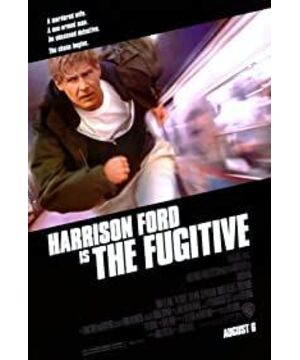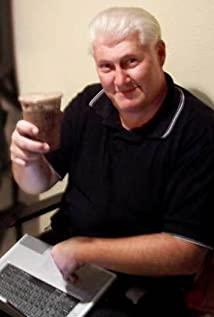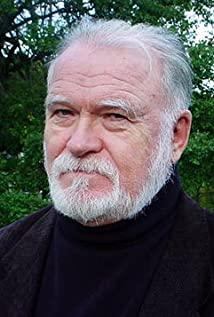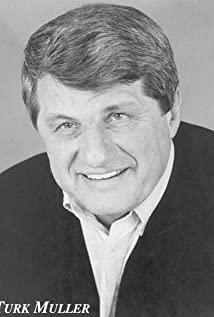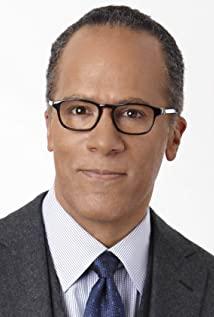At the end of the movie "The End of the World", although the real murderer was finally brought to justice and the misjudged Jin Bo was also acquitted, the story seems to have drawn a perfect ending, but I couldn't calm down for a long time: I was not addicted to the film. The plot could not extricate itself, but questioned the "justice" reflected in the film, especially the procedural justice. We must be alert to the consequences of blind pursuit of procedural justice. According to the ancient Greek democracy, when the jury found Socrates guilty, he refused the rescue of his friends and defended the Greek legal system and procedural justice by death. Procedural justice can obtain the broadest justice, but not necessarily without dead ends. When procedural justice undermines substantive justice, which side should one obey? Jinbo, Andy and Socrates, who are standing in the same blind spot, which one's performance makes us more concerned? There are still many questions left unanswered in the film: Does determining that Jin Bo committed murder has met the US standard of criminal proof "beyond all reasonable doubt"? Although Jin Bo cannot prove his innocence, he has the right to "not incriminate himself". Why should the court and jury convict him? What's more, Jin Bo also provided an important plot of the one-armed man fleeing from his home in a hurry...
View more about The Fugitive reviews


